21st Century Learning Design – Self-Regulation
21st Century Learning Design (21CLD) emphasizes the integration of 21st-century skills into educational practices using digital technologies. Let’s explore the Self-Regulation Dimension within 21CLD:
- Importance of Self-Regulation:
- Self-regulation is a crucial skill that enables learners to manage their own learning processes effectively.
- It involves setting goals, planning, monitoring progress, and adjusting strategies as needed.
- 21CLD Self-Regulation Rubric:
- The 21CLD self-regulation rubric assesses whether a learning activity requires learners to self-regulate and to what degree.
- In stronger activities, learners plan, assess their work, and revise based on feedback.
- Designing Learning Activities:
- Educators can design activities that assist learners in building and developing their self-regulation skills.
- These activities may involve working on long-term projects, allowing students to plan their own work, and providing opportunities for revision based on feedback.
Remember, self-regulation isn’t just about following rules—it’s about empowering learners to take ownership of their learning journey! 🌟📚🎯123


